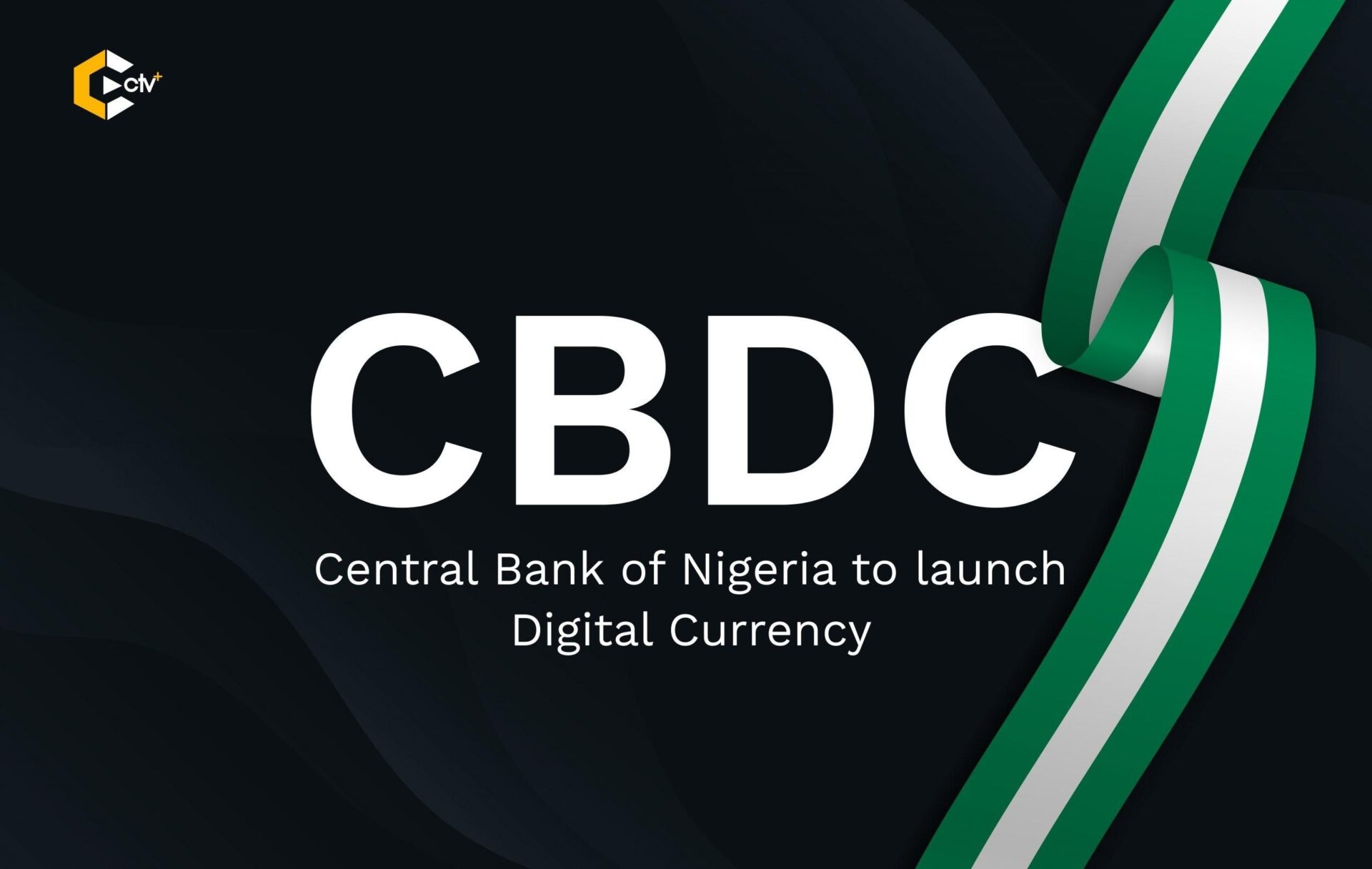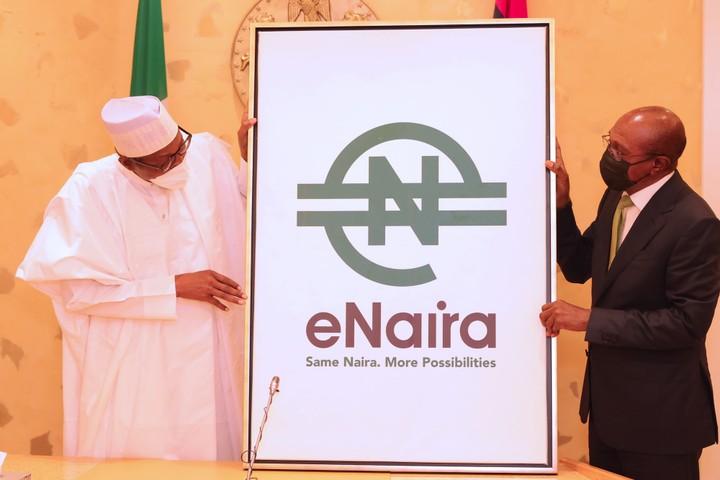In a recent press statement, the Central Bank of Nigeria (CBN) stated its plans to launch its Central Bank Digital Currency (CBDC) pilot scheme called the eNaira on 1 October 2021 with Bitt Inc, a financial technology company that utilises blockchain and distributed ledger technology to facilitate secure peer-to-peer transactions, as a technical partner.
The eNaira is an electronic record or digital token of the naira issued and regulated by the CBN. It is expected to be a legal tender for the country and have a noninterest-bearing status, as well as a transaction limit for customers. Globally, there has been interest surrounding CBDCs among central banks, governments and the private sector. The CBN has been researching CBDCs since 2017.
The concept primarily originated on the back of the popularity of cryptocurrencies like Bitcoin, Ethereum, among others. It has also gained more traction following the onset of the covid-19 pandemic and a global need to distribute as well as efficiently track economic stimulus funding, prevent illicit activity and illegal transactions. As such, the eNaira aims to bring the best of both worlds—the convenience and security of digital cryptocurrencies alongside the traditional banking system’s regulations.
Coronation Merchant Bank understand that to use the eNaira to transact, users need to download the speed wallet, validate their account on the wallet by using either their phone number, national identity number (NIN) or bank verification number (BVN).
In addition, users will be able to transfer money through peer-to-peer (P2P) transactions from their ewallets to other wallet holders and person-tomerchant/business. The structure of the eNaira is similar to a commercial bank account.
However, it is non-interest bearing. Excluding executing and managing digital currency tokens, the CBN would be able to gather, analyse and store data on eNaira transactions. The role of deposit money banks would be to take responsibility for conducting KYC and AML/CFT compliance compatibility on merchant eNaira wallets as well as monitoring illicit activity.
For developing countries, Nigeria inclusive, a significant portion of the population remains unbanked. A CBDC such as the eNaira can assist with boosting financial inclusion across the economy given that unbanked nationals often cite distance and transportation costs to banks as a major hindrance to owning a bank account.
Another advantage of the eNaira is the potential for simplifying monetary policy implementation by making it easier to channel money. Remittances also represent one of the most compelling usages for digital currencies by reducing the number of intermediaries, cost, opacity, and time required for cross-border payments. The eNaira could also eliminate some transaction costs, augment expediency, and offer seamless payment services.
However, unlike most cryptocurrencies, the centralised nature of the eNaira means that the CBN would have oversight on all eNaira accounts. Since 2014, at least 60 central banks have been exploring CBDCs. For instance, the Digital Yuan project in The People’s Republic of China is undergoing trials, with at least c.2bn Yuan (approximately USD300m). In addition, countries like the Bahamas, Cambodia, Ukraine, and others have also started CBDC projects.
By eliminating intermediaries, the eNaira could be a reliable low-cost payment solution for consumers and businesses. In addition, the swiftness and ease of business transfers should bolster economic activities, resulting in a broader positive impact on the economy. Furthermore, the eNaira could indirectly assist with expanding the FGN’s tax-net.



 Forex2 weeks ago
Forex2 weeks ago






 Naira1 week ago
Naira1 week ago
 Naira4 weeks ago
Naira4 weeks ago
 Company News4 weeks ago
Company News4 weeks ago
 Billionaire Watch1 week ago
Billionaire Watch1 week ago




 Naira2 weeks ago
Naira2 weeks ago




 Naira1 week ago
Naira1 week ago






 Naira3 weeks ago
Naira3 weeks ago












